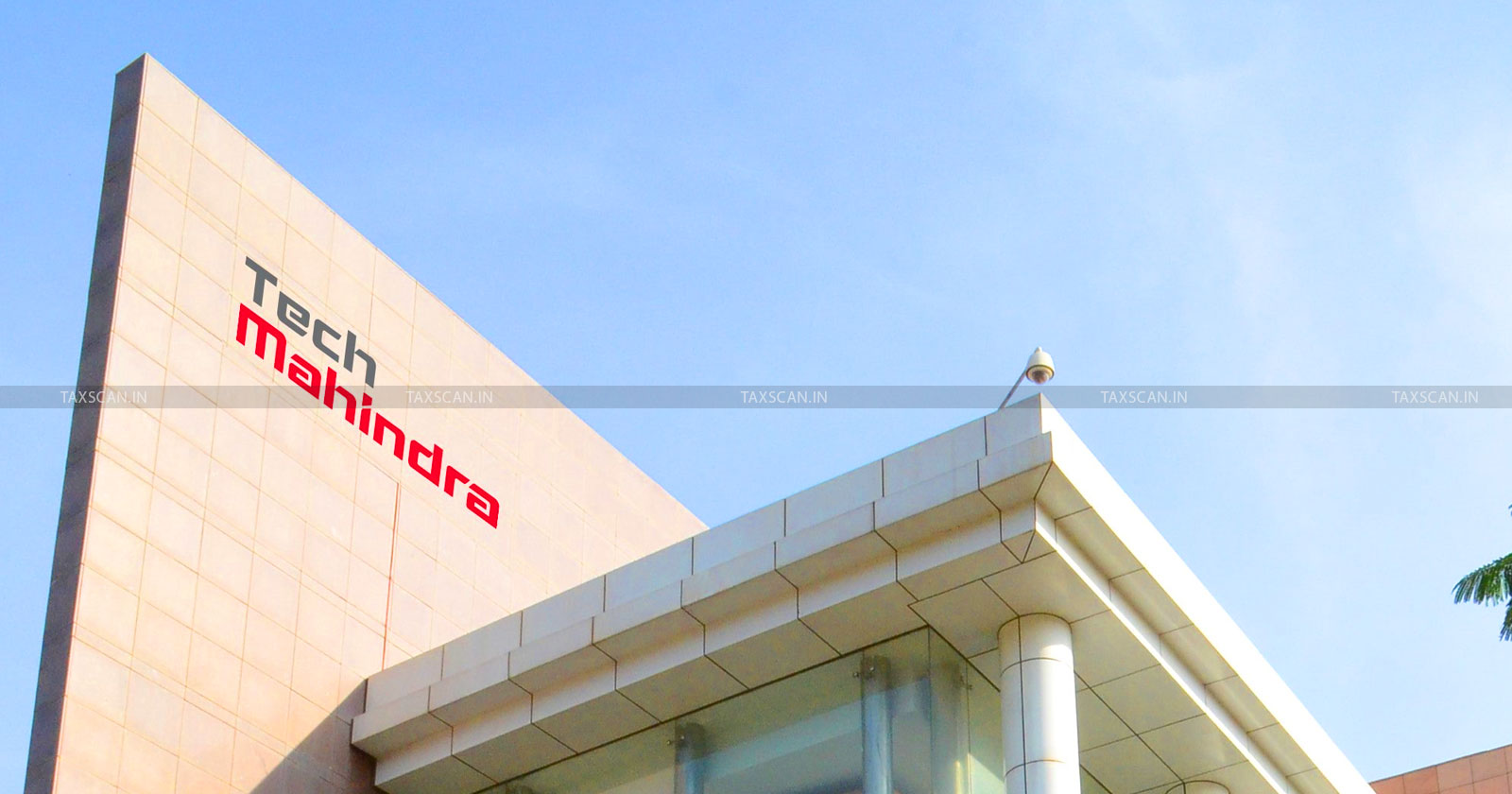Overseas Services by Tech Mahindra’s Subsidiaries are Not Taxable in India: CESTAT denies Refund on CENVAT & Service Tax Paid [Read Order]
The overseas subsidiaries independently rendered services to foreign clients, thus failing to qualify as “input services” under Rule 2(l) of the CENVAT Credit Rules, 2004
![Overseas Services by Tech Mahindra’s Subsidiaries are Not Taxable in India: CESTAT denies Refund on CENVAT & Service Tax Paid [Read Order] Overseas Services by Tech Mahindra’s Subsidiaries are Not Taxable in India: CESTAT denies Refund on CENVAT & Service Tax Paid [Read Order]](https://images.taxscan.in/h-upload/2025/06/06/2041474-expenditure-incurred-on-foreign-currency-expenditure-incurred-foreign-currency-telecommunications-charges-itat-allows-income-tax-deduction-to-tech-mahindra-itat-taxscan.webp)
The Mumbai bench of the Customs, Excise and Service Tax Appellate Tribunal (CESTAT) recently dismissed all 12 appeals filed by Tech Mahindra, rejecting its claim for refund of accumulated Central Value Added Tax (CENVAT) credit and service tax.
The tribunal was of the view that Information Technology (IT) software service rendered by its subsidiaries overseas was not taxable in India, crucially, did not qualify as “input services” for Tech Mahindra, thereby CENVAT credit and refund were not admissible.
Planning smarter for FY 2025–26? Don’t miss this trusted guide used by thousands of tax professionals & CA students! Click here
Tech Mahindra Ltd., the appellant Is involved in providing Information Technology software service to its clients outside India. The service is provided under two modules referred to as Model-I and Model-II. Under Model-I the appellant directly contracts with the client while under Model-II the transaction involves subsidiaries.
 Also Read:Relief to Tech Mahindra: ITAT directs LIBOR plus 80 Basis points for Interest Rate in determining ALP for Loans borrowed in Foreign Currency [Rad Order]
Also Read:Relief to Tech Mahindra: ITAT directs LIBOR plus 80 Basis points for Interest Rate in determining ALP for Loans borrowed in Foreign Currency [Rad Order]
The central issue in question was with regards to the Model-II transactions wherein Tech Mahindra’s overseas subsidiaries provided services entirely outside India directly to the foreign clients. The subsidiaries would raise an invoice on the clients, and Tech Mahindra subsequently reimbursed the subsidiaries for the same which was later discharged under reverse charge mechanism.
The company then claimed CENVAT credit and filed refund applications under Rule 5 of the CENVAT Credit Rules, 2004, and Section 11B of the Central Excise Act, 1944 for the tax paid on these transactions.
 Also Read:Setback for J.K. Cements: CESTAT Denies Interest on Cenvat Refund, Sanctioned Within Three Months [Read Order]
Also Read:Setback for J.K. Cements: CESTAT Denies Interest on Cenvat Refund, Sanctioned Within Three Months [Read Order]
Revenue raised contention stating that the service provided by subsidiaries was outside the territorial jurisdiction of India under a direct and independent contract with the foreign client, as such Tech Mahindra thereby has no direct part in its execution. Therefore, the services could not be treated as input services under Rule 2(l) of the CENVAT Credit Rules, 2004.
The bench consisting of Dr. Suvendu Kumar Pati, (Judicial Member) and Anil G. Shakkarwar, (Technical Member) observed that the services in dispute were performed entirely outside India between the company’s overseas subsidiaries and foreign clients, consequently they did not attract service tax in India as per section 64 of the Finance Act,1994.
It further appreciated the revenue’s argument that the services in question were performed independently by the subsidiaries without the involvement of the appellant company, hence failing to qualify for input tax under Rule 2(l) of the Cenvat Credit Rules , 2004, further substantiating the denial of refund claims.
It was further noted that Tech Mahindra had, through an affidavit dated 26.06.2024, voluntarily withdrawn refund claims amounting to ₹1992.79 crores out of the total claim of ₹2,068,05,21,894, leaving a balance claim of ₹75.26 crores. However, due to lack of sufficient bifurcation and supporting data in the affidavit regarding the remaining claims made, the Tribunal refused to pass an order stating such order if so, passed shall be an unimplementable order as the refund sanctioning authorities will not be in a position to decide the quantum of refund to be allowed to the appellant.
Thus, the Tribunal dismissed the appeal and rejected the refund, holding that the services were not “input services” for Tech Mahindra and hence not taxable in India, and that the refund claims lacked proper documentation and bifurcation to determine the correct refund amount.
Support our journalism by subscribing to Taxscan premium. Follow us on Telegram for quick updates


